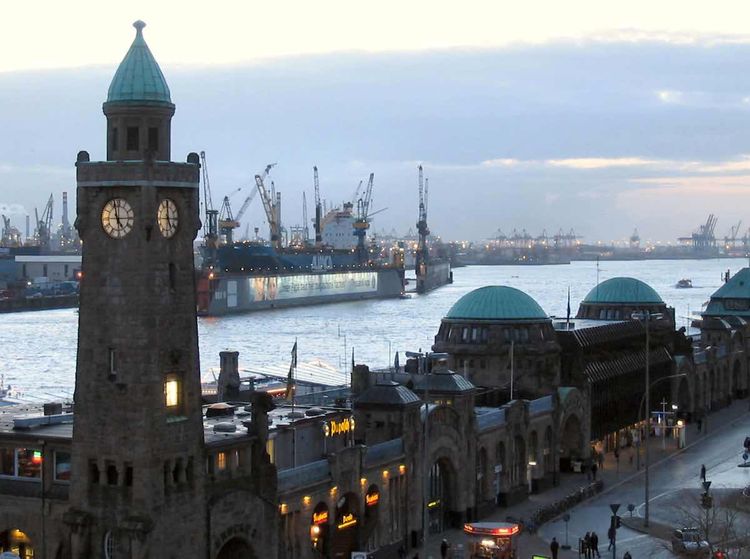German emissions fall 9% in first half of 2023, renewables at 55 pct of grid power

According to a study conducted by Agora Energiewende, a think tank focused on climate and energy, Germany witnessed a decline of nine percent in its greenhouse gas emissions during the initial six months of the year. This reduction can be attributed to a downturn in the economy, which has led to a decrease in energy consumption.
Agora's estimation suggests that the total amount of emissions reached 340 million tonnes of CO2 equivalents, which is a decline from the previous year's 374 million tonnes.
However, according to director Simon Müller, the decrease in numbers is not something to be celebrated as it did not occur due to the essential alterations in the system.
The progress in increasing wind energy is still happening at a slow pace, and the recently introduced laws on household heating systems are inadequate to meet the desired climate objectives in the construction industry.
The surge in energy costs resulted in a significant decrease of 13% in the production of energy-intensive industries. This decline occurred because numerous companies were no longer benefiting from their previously contracted, more affordable long-term energy supply agreements.
According to the research institution, there is a pressing need for the swift implementation of financial support in the form of subsidies for industrial electricity prices. This is crucial in order to maintain companies' ability to compete effectively. The think tank emphasizes that such a move allows sufficient time to put in place effective strategies for transitioning to a state of greenhouse gas neutrality.
According to Agora, the percentage of renewables in the country's power combination increased to 55 percent during the period of January to June. This marks a significant milestone as it is the highest ever recorded for the first half of the year.
Nevertheless, experts observed that the implementation of wind energy fell short of the desired level set by Germany, whereas the installation of solar power systems remained on schedule.
During the initial six months of 2023, Germany successfully reached 61 percent of its annual solar objective, while only attaining 24 percent of its wind target. The research organization emphasized the immediate need for the government to streamline licensing procedures, including permits for transportation.
According to Agora, the majority of new buildings are being equipped with heat pumps and district heating systems to provide warmth. However, in order to decrease emissions in the building industry, it is necessary to renovate the existing buildings.
The group of experts urged the government to provide clear information about forthcoming subsidies in order to ensure that consumers and businesses, who are in need of expanding heat pump production, feel confident and secure in their investments.
According to the AG Energiebilanzen (AGEB), experts in the energy market, they have recently determined that carbon dioxide emissions resulting from energy consumption dropped by over eight percent during the initial six months of 2023, alongside a significant decrease of seven percent in overall energy usage.
Originally posted by Clean Energy Wire. Reproduced with authorization.













































